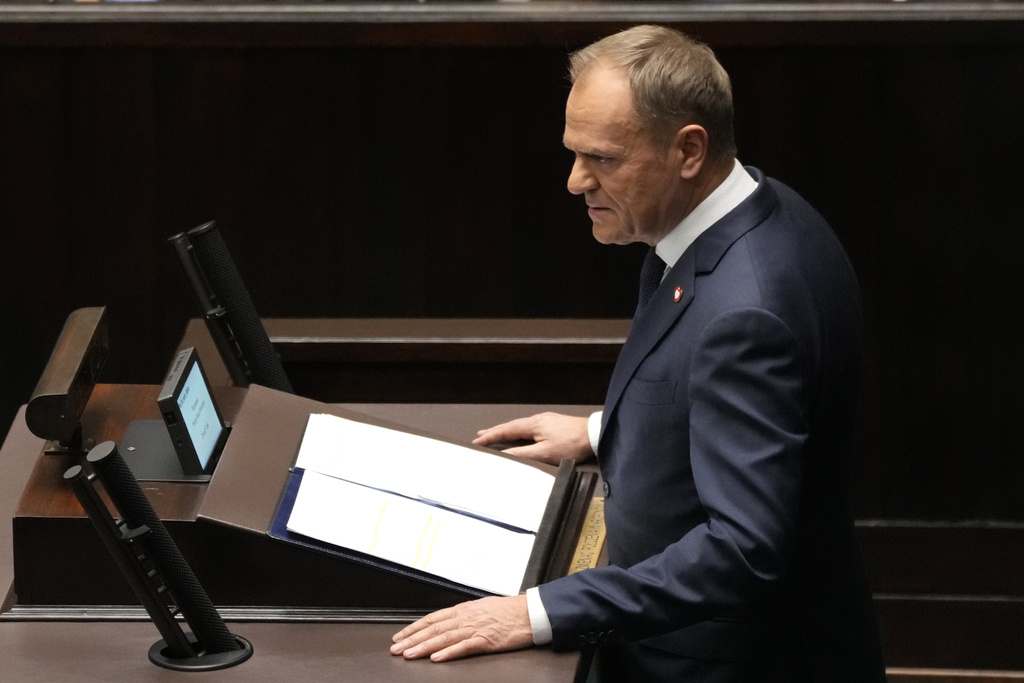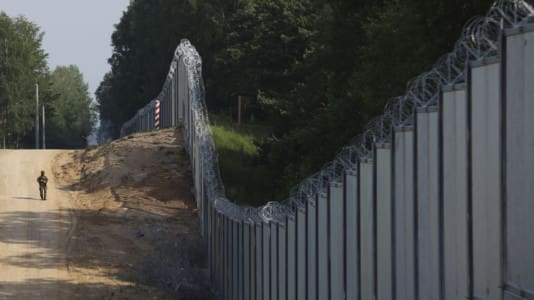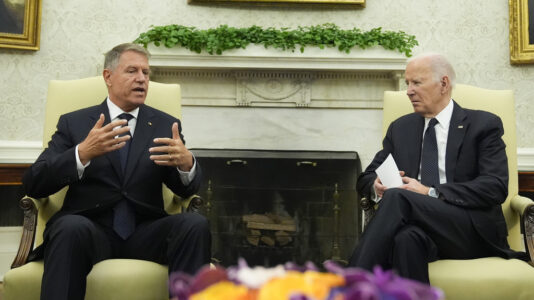As if to echo the past, the commission recently established by the Polish prime minister’s directive — a lower-order act regulating internal institutional relations — could well be dubbed the “Tusk Commission,” much like the earlier body formed in the previous parliament by the Law and Justice (PiS) government to probe Russian influences.
However, there’s a twist this time. The commission operates not through legislation, which would risk presidential veto, but through a more nimble and less transparent directive. This method cleverly avoids the legal pitfalls that the prime minister had previously criticized in the original commission, which indeed had fundamental legal flaws, including a disregard for the presumption of innocence and a lack of proper judicial process.
The new “Tusk Commission 2.0” might lack the broad powers of its predecessor but it compensates with strategic simplicity. Formed by a directive, it sidesteps the need for parliamentary votes on its composition, allowing for a swift and straightforward appointment process by various ministry heads. This streamlined approach raises concerns about the potential for unchecked authority, as the commission is not obliged to conduct its deliberations publicly or justify its findings with the rigor expected in a court of law.
The chair of the commission is Gen. Jarosław Stróżyk, a figure with a complex past in military intelligence, both during communism and post-communism.
Stróżyk began his career in the infamous communist-era Military Information Services (WSI), although he also then worked at NATO’s International Military Staff. In 2016, he was dismissed from his position as a military attaché at the Polish Embassy in Washington by then-Defense Minister Antoni Macierewicz. Whether rightly or not, and whatever the reasons might have been, is another matter, but this certainly creates a potential conflict of interest if Mr Macierewicz were to come under the commission’s scrutiny.
The commission’s proceedings will be conducted without cameras, meaning there will be no public verification. No one will be able to check whether its members have worked on their reports diligently, whether they have selectively treated documents, or whether they have drawn coherent conclusions.
Essentially, the prime minister will simply receive a report, and based on it, he could accuse anyone of succumbing to Russian influences.
Indeed, it is difficult to see how such a mechanism is fundamentally better than its predecessor. We are dealing with the same arbitrariness. There are no criminal measures (euphemistically referred to in the case of Commission 1.0 as “preventive measures”), but this is replaced by complete opacity and a lack of any evidentiary regime.
In reinventing the commission originally used against his party, Prime Minister Tusk may have crafted a tool both more subtle and potentially more powerful, continuing the political gamesmanship over Russian influence that has characterized much of Poland’s recent history.






